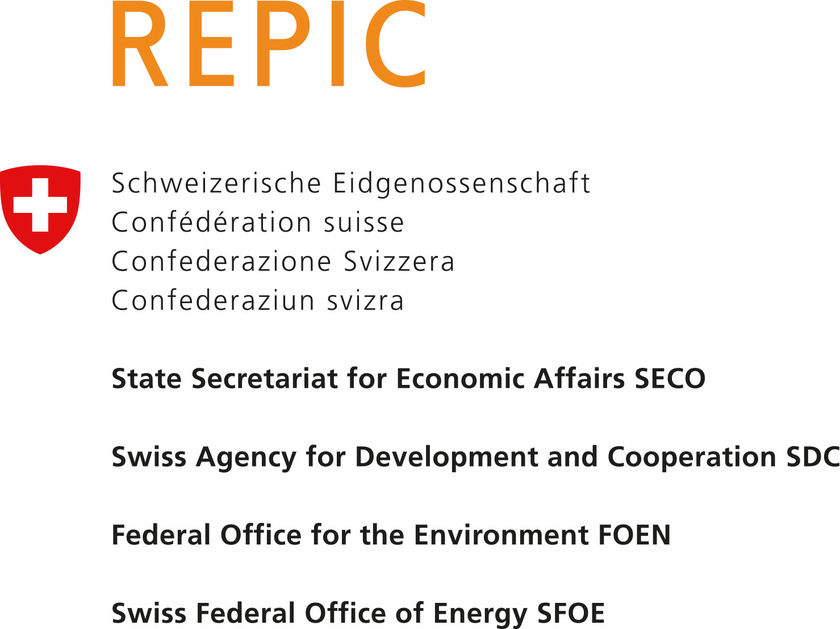Department Sanitation, Water and Solid Waste for Development
Sedup - Scaling Efficient Dewatering for Urban Practitioners
The goal of the Sedup project is to scale-up a low-energy, low-footprint dewatering technology. Piloting this technology will take place at the Kingtom fecal sludge treatment plant in Freetown, Sierra Leone. Sedup is a collaboration between Eawag, GOAL and Freetown City Council (FCC). GOAL commissioned the Kingtom fecal sludge treatment plant, and has been operating it with the FCC since 2021.
Context
Nearly half of the world’s population relies on non-sewered solutions for sanitation provision, which requires energy for road transport of large volumes of dilute wastewater (commonly referred to as fecal sludge) that has been stored in containments (commonly referred to as pit latrines and septic tanks). Hence, dewatering is the missing link in the fecal sludge treatment chain. Currently, dewatering relies on passive solutions that require a large footprint, and in urban areas land is scarce and expensive. The established low-footprint dewatering solutions used in sewer-based wastewater treatment are expensive, not adapted for fecal sludge, and require continual and large amounts of energy supply. In addition, their use requires access to conditioners and spare parts, both of which require international supply chains. These more mechanized technologies often fail due to electricity requirements, dependency on international supply chains and limited access to highly skilled human resources.
Approach
Eawag has previously tested a low-energy, low-footprint technology solution that could be produced locally. It includes the bio-based conditioner chitosan, low-cost total solids sensors for conditioner dosing and a manually operated dewatering press. Through a pilot-implementation at Kingtom, the project will develop the required knowledge to scale-up this dewatering solution in Sierra Leone, in order to generate learnings that will have global relevance. We will first pilot commercially available chitosan, low-cost sensors and a manually operated press for a baseline evaluation. In parallel, a manually operated press and conditioners will be manufactured locally. The technologies will be piloted to collect technical and economic data for scalability. Economic data, such as operational costs, will be used to assess how this technology implementation influences monetary flows of existing business models, required for multiplication of this technology. This data will then be used to produce guidelines for practitioners to support implementation in global contexts, and will be disseminated via various channels including local workshops.





